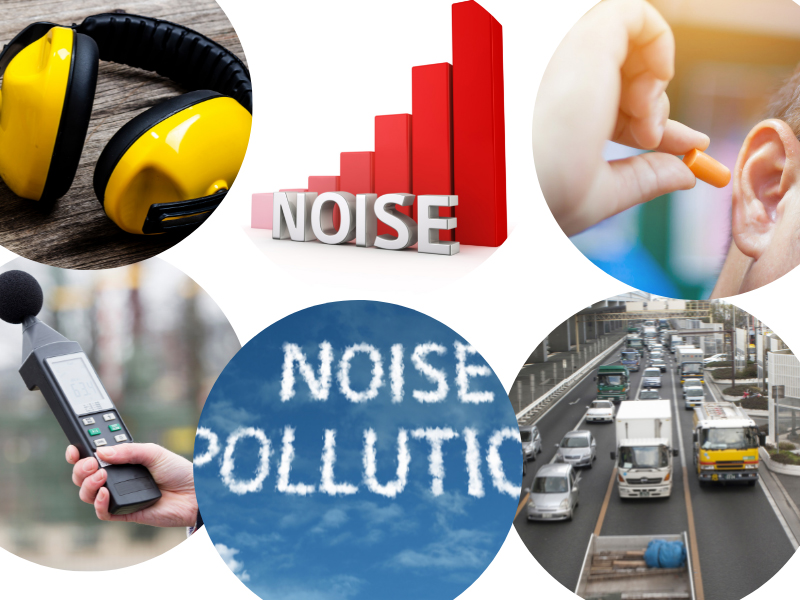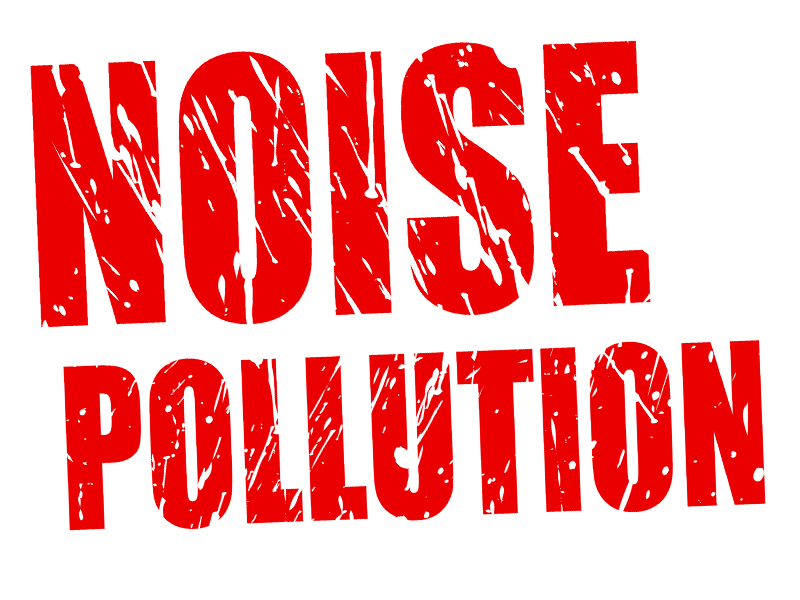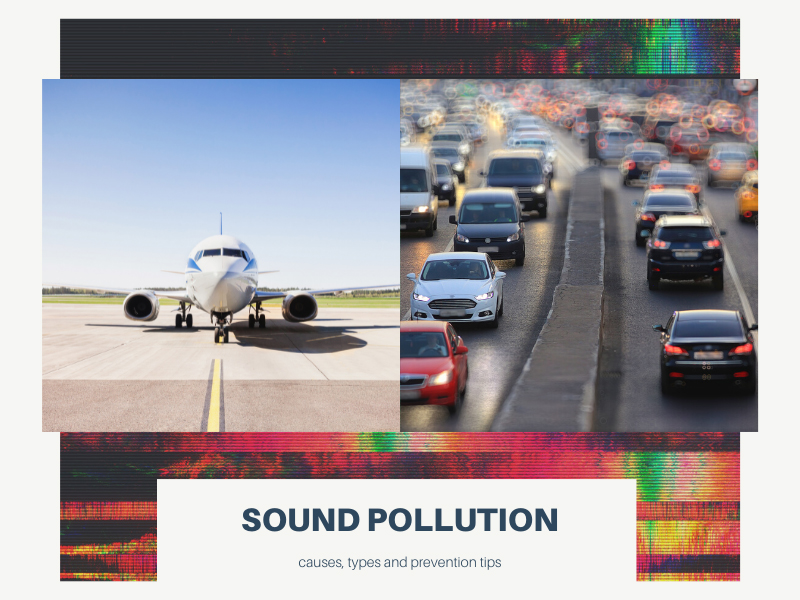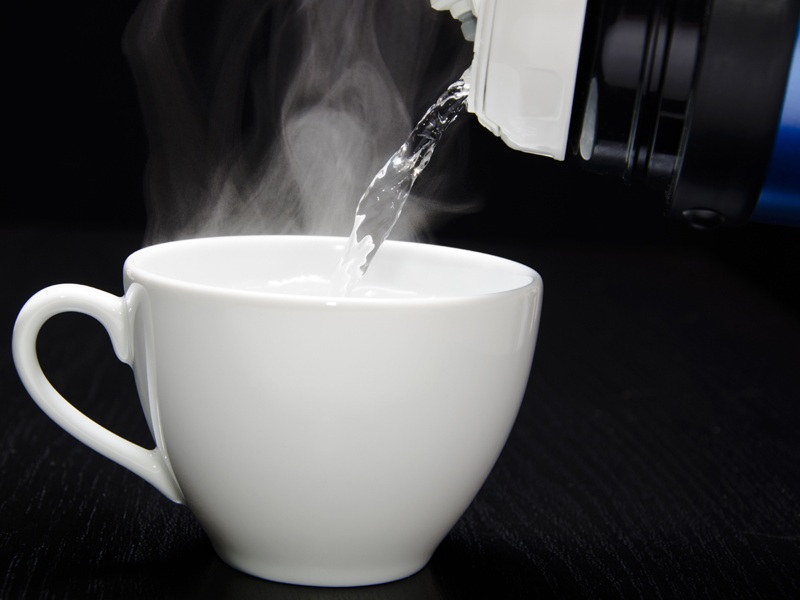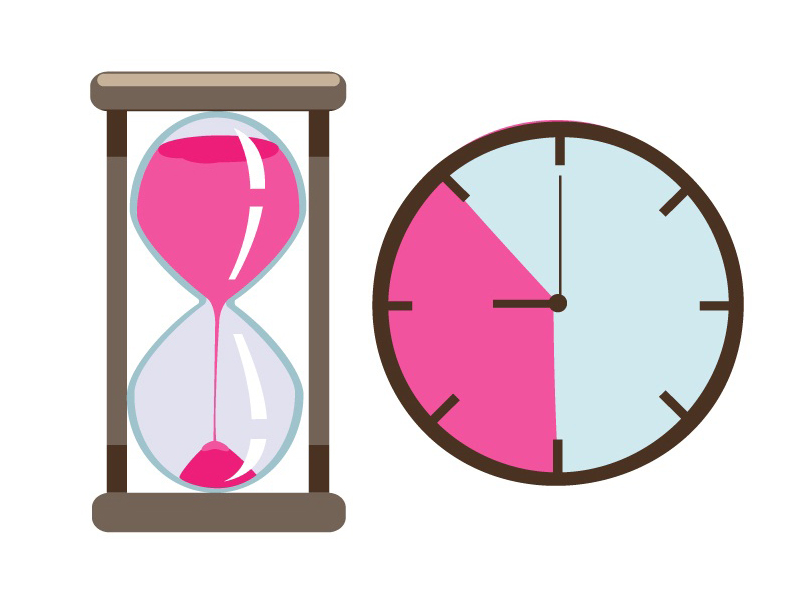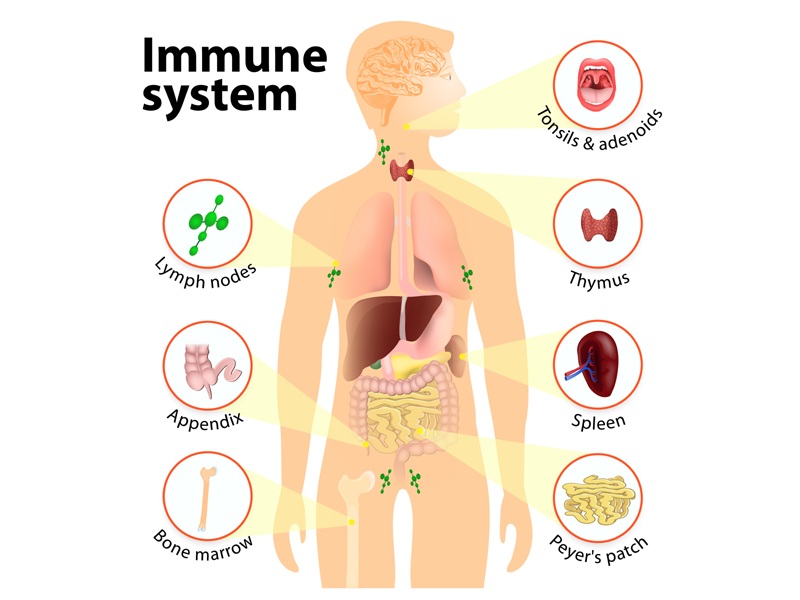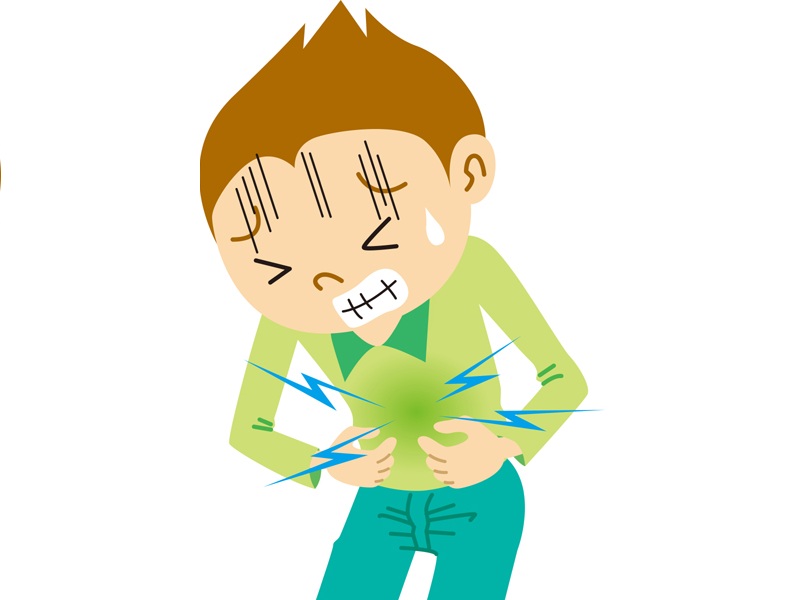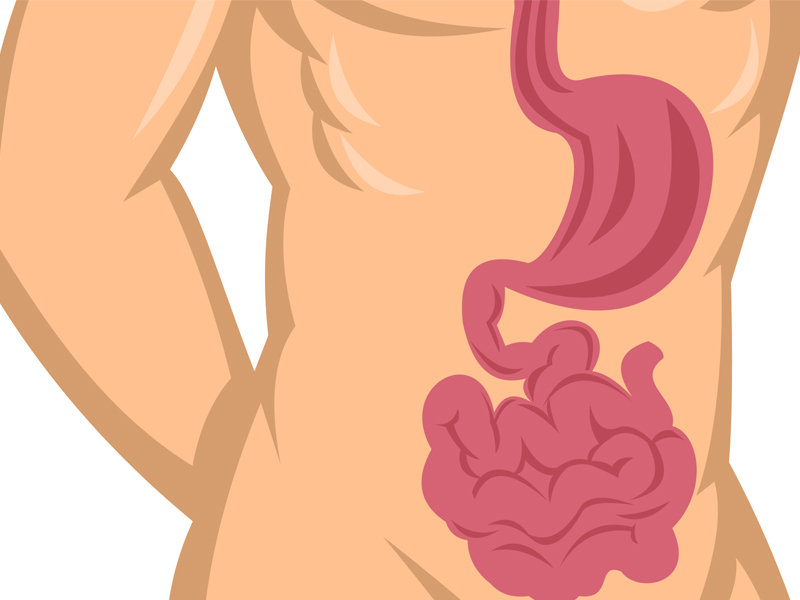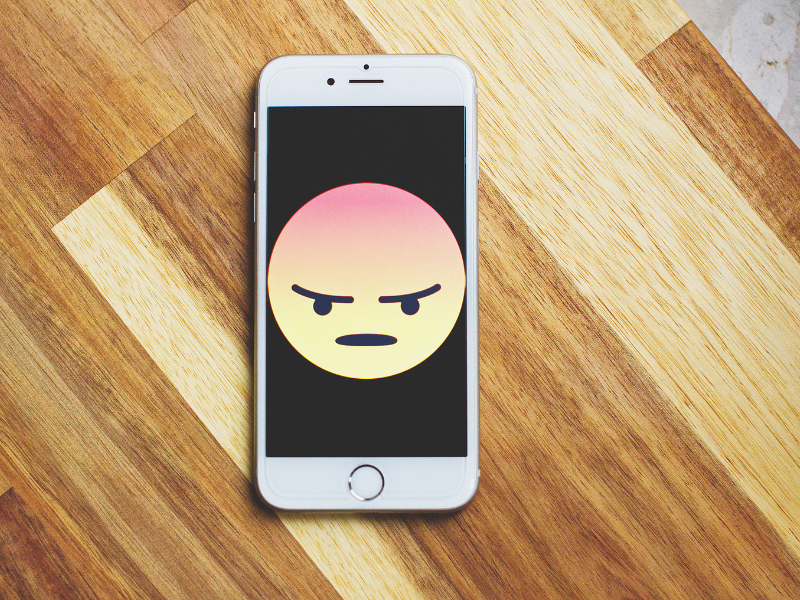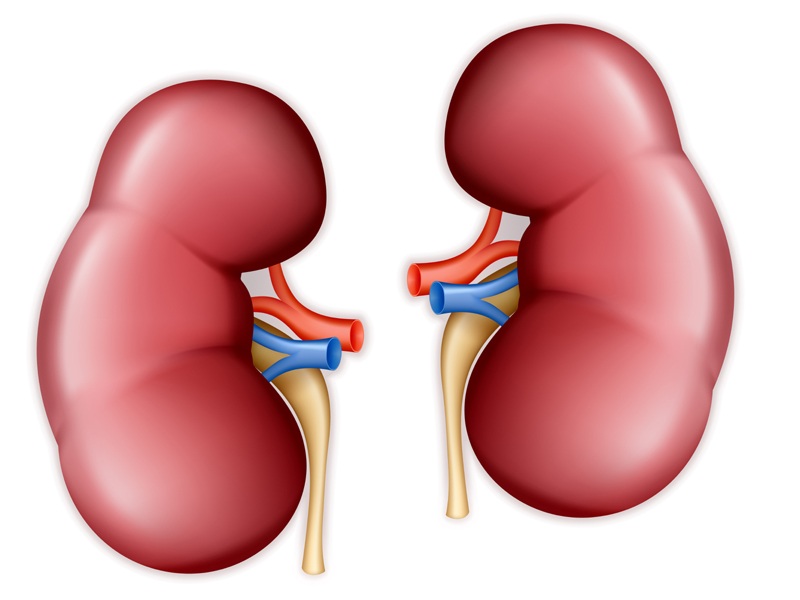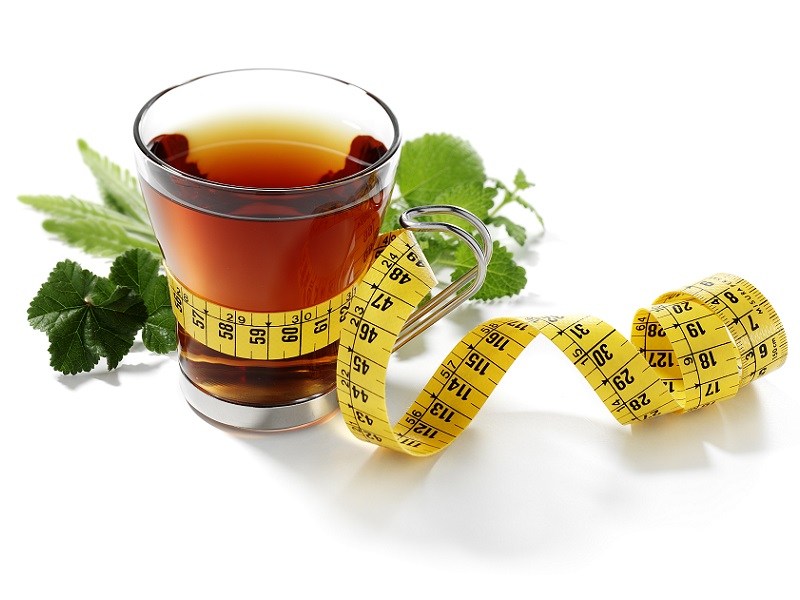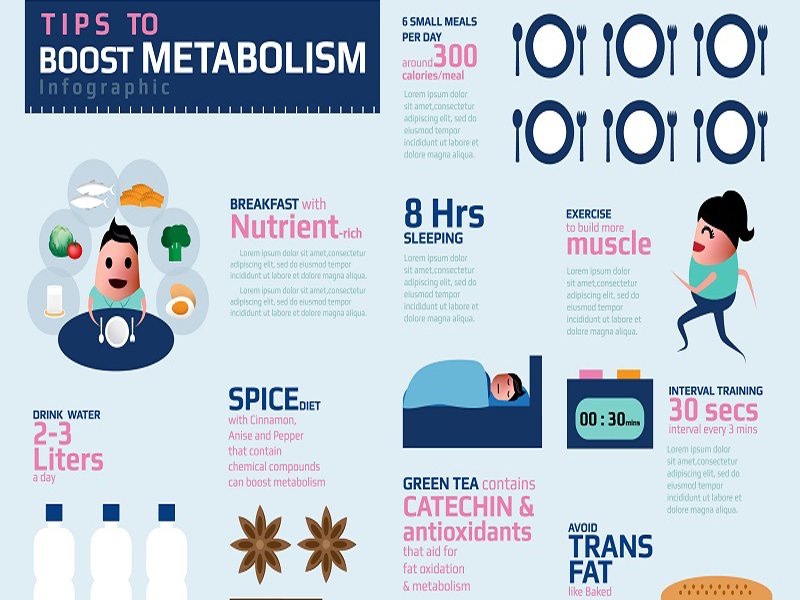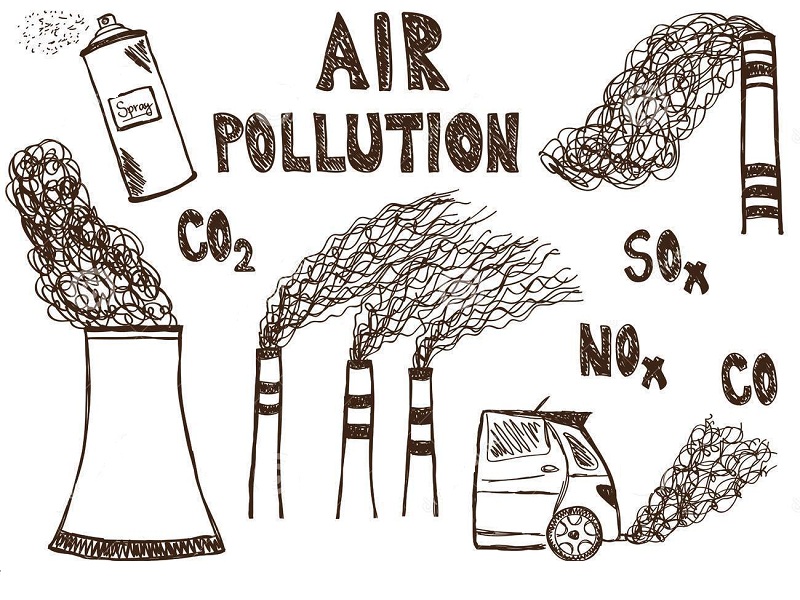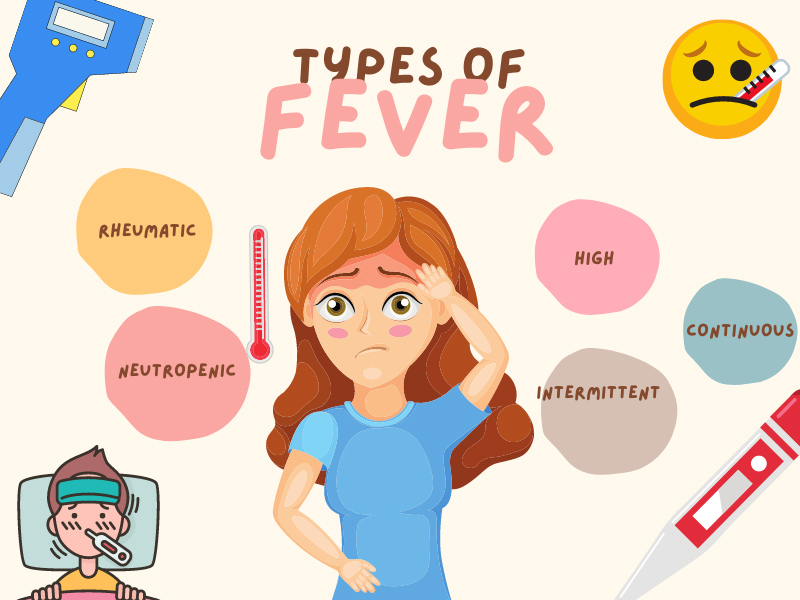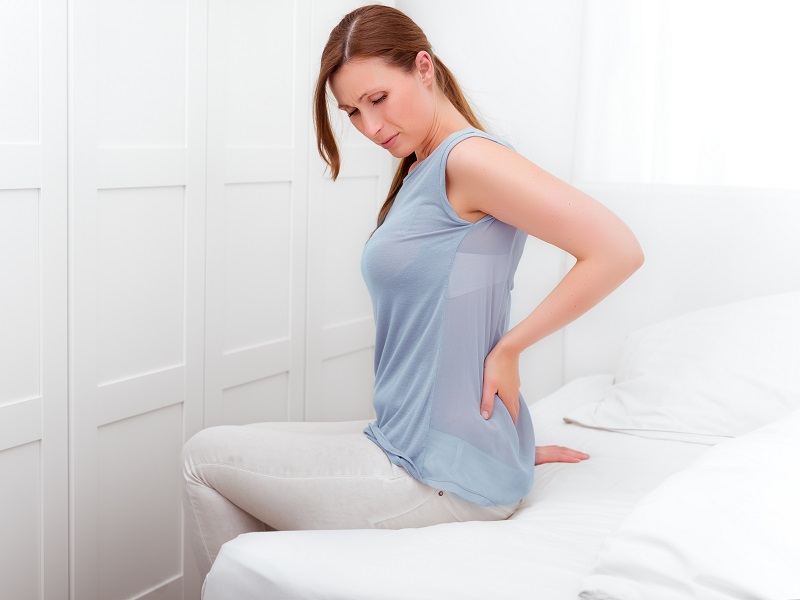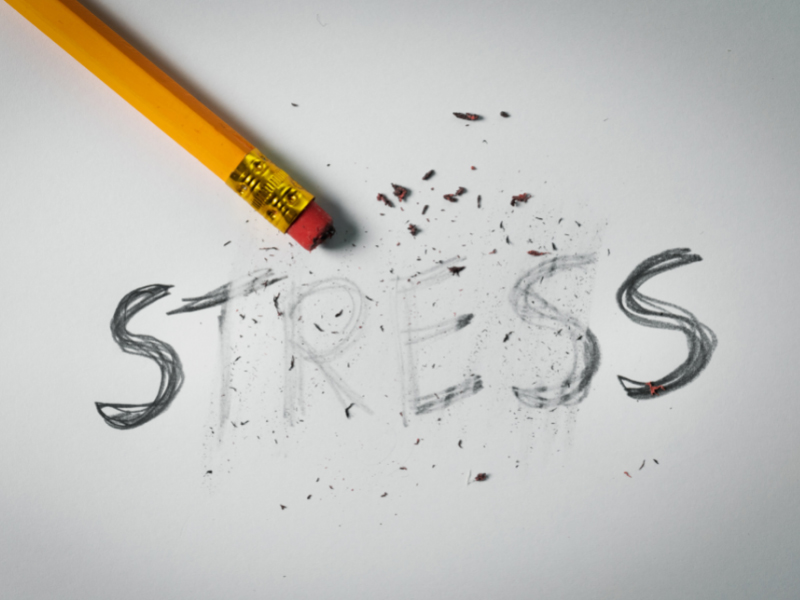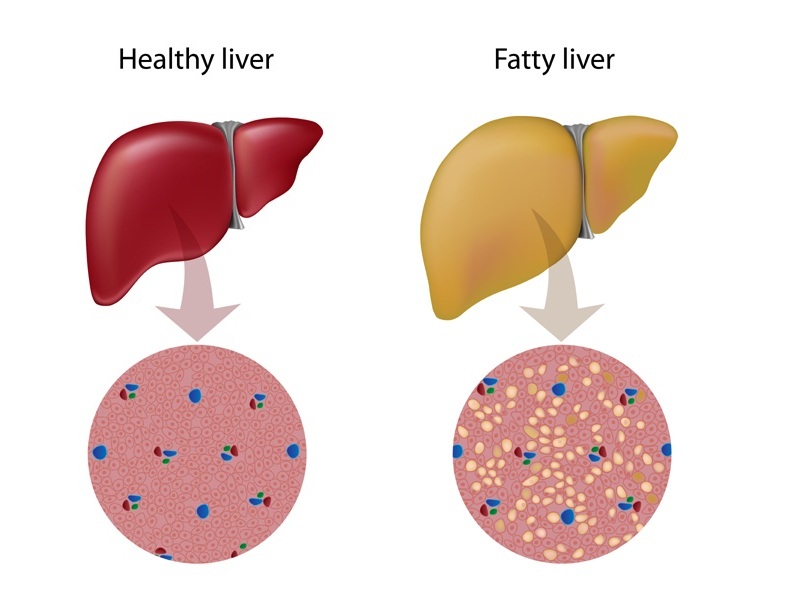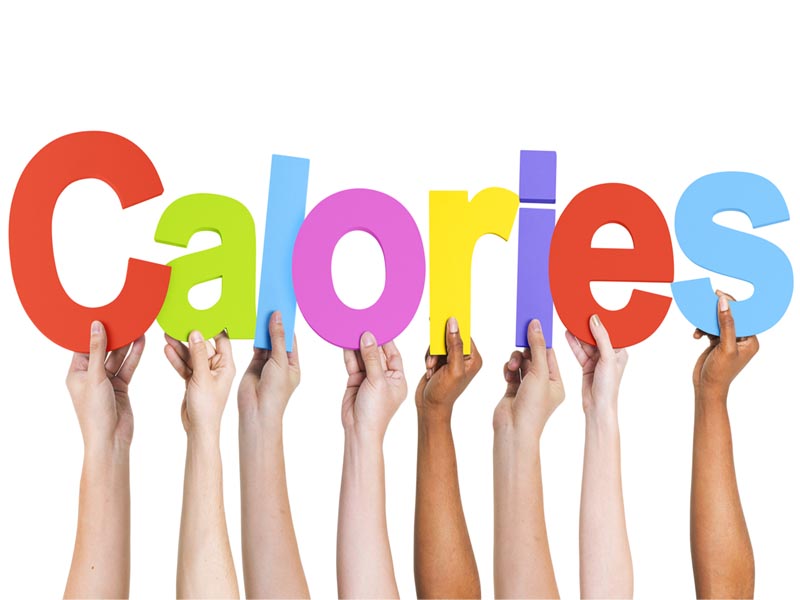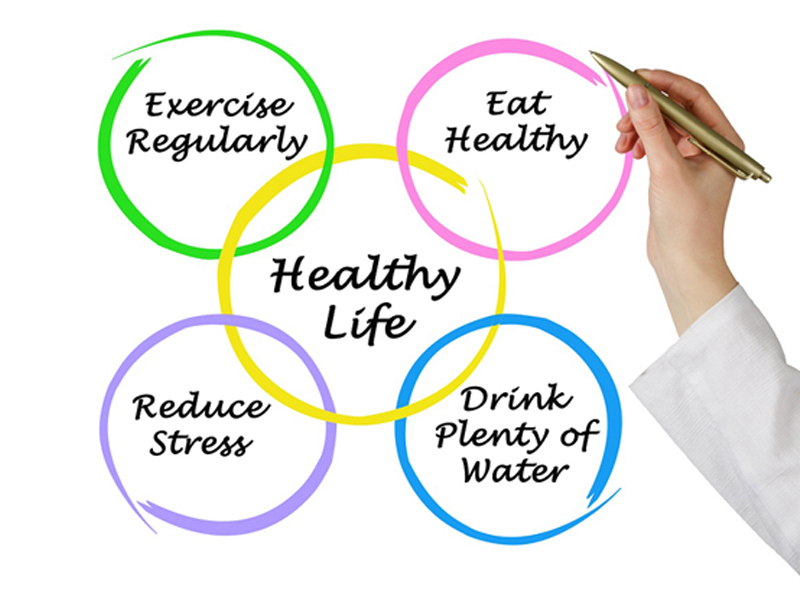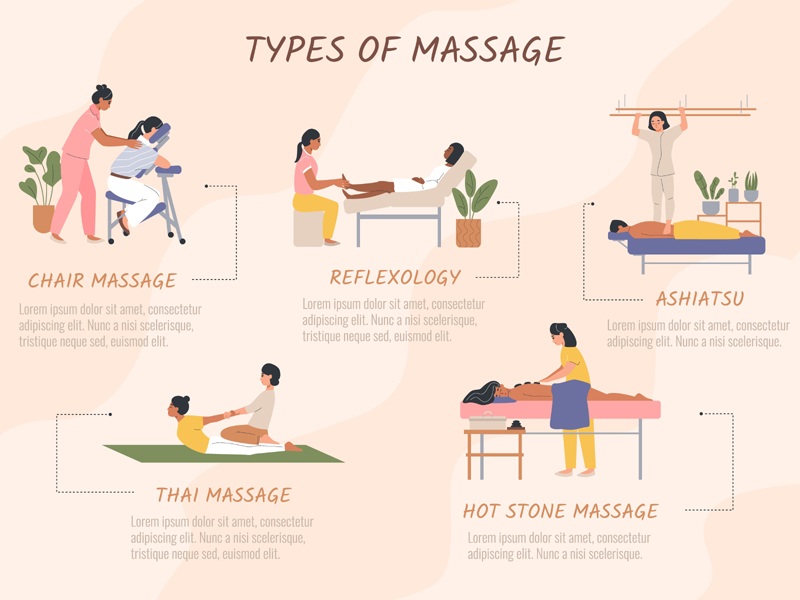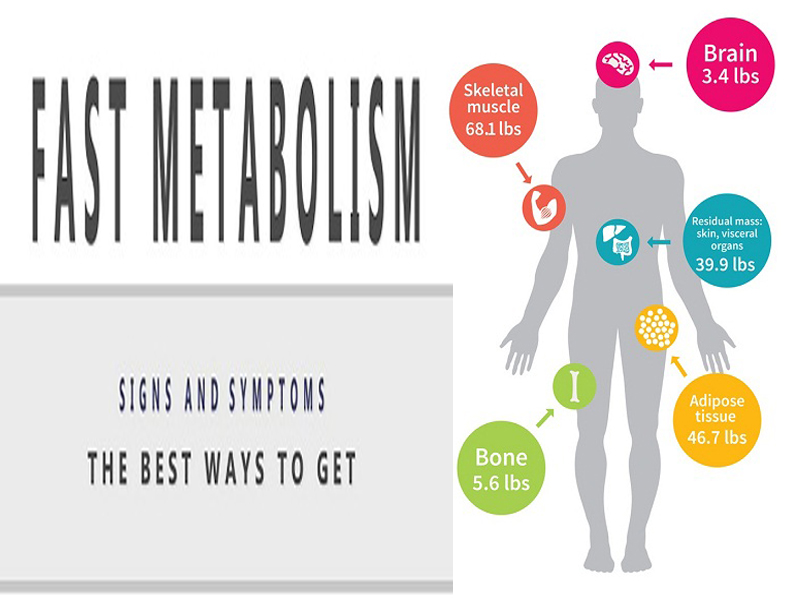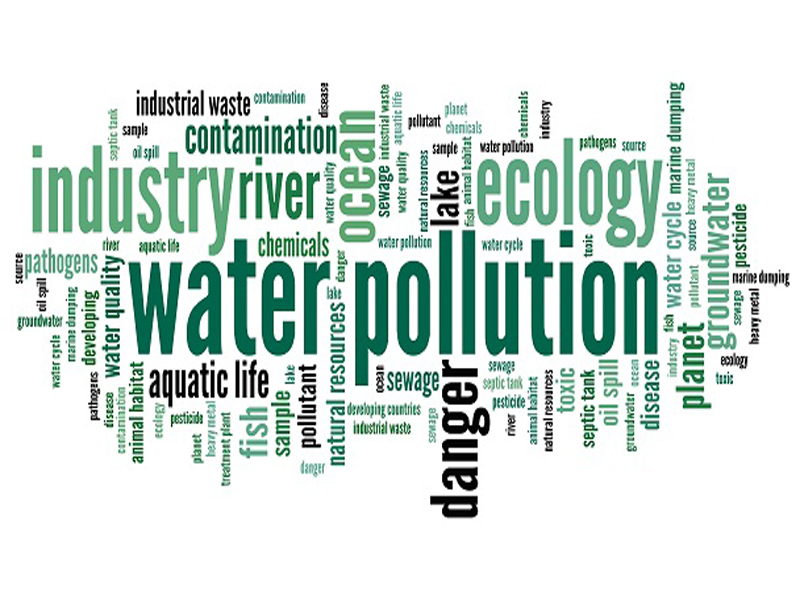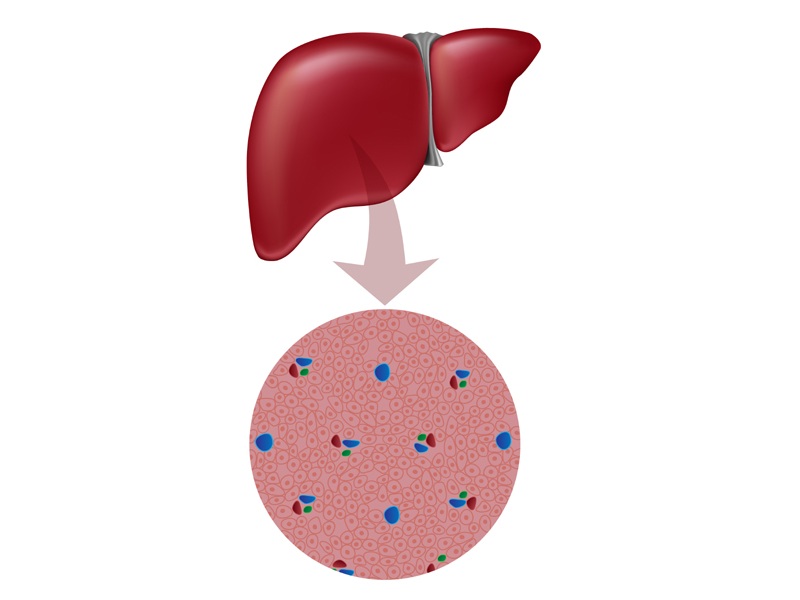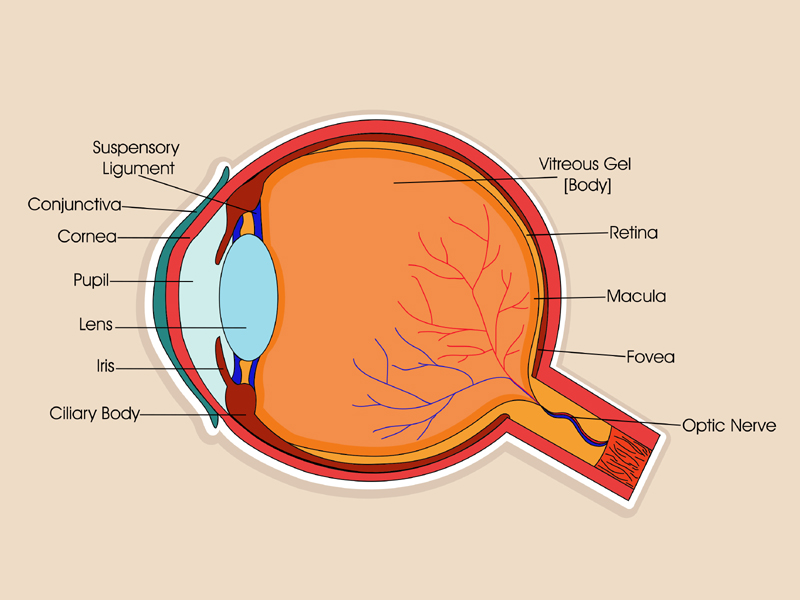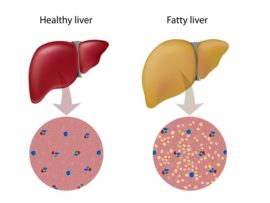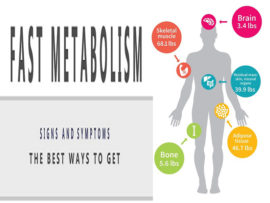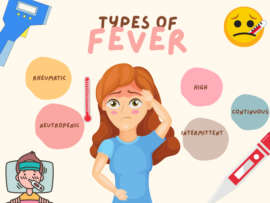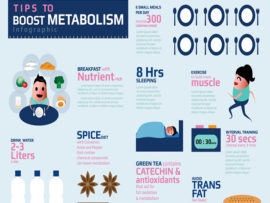Pollution can be simply defined as anything that disrupts the environment. Disruption could be of any nature: Chemical, radiation, visual or even disturbance in the peace and quiet. The latter contributes to noise pollution. Noise pollution can be designed as any unwanted noise or disturbing sound that disrupts day-to-day activities and in turn compromises the quality of life. Various health problems can arise from chronic exposure to higher decibels of sound. These health problems include higher blood pressure, and cardiovascular issues leading to an increased risk of heart attacks. As unlikely as it might seem, deep-seated physiological effects might also occur due to long-term exposure to noise pollution.
Noise pollution is regular exposure to elevated sound levels that may cause adverse effects in humans or other living organisms. According to the World Health Organization, sound levels less than 70 dB are not caused any damage to living organisms, regardless of how long or consistent the exposure is.
Exposure to noise for more than 8 hours to constant noise beyond 85 dB may be hazardous. That means, if you are at a place for 8 hours daily in close proximity to a busy road or highway, you are very likely exposed to traffic noise pollution of around 85dB. Noise pollution is said to take place when there is either an excessive amount of noise or an unpleasant sound that causes temporary disruption in the natural balance. We have created an environment that just cannot escape the noise. Our television, mixer grinder etc. all of those electrical gadgets cause noise. The causes and effects of noise pollution are plenty. We need to do our bit to save the earth and humans from further damage.
Noise pollution is supposed to have many deleterious effects on both our brains and body.
As per the parameters set by the World Health Organization (WHO), the permissible upper limit of sound in any given environment should not exceed 45 dB. In a city environment, this upper limit is violated way too often. The major contributing factors to noise pollution happen to arise out of all types of means of transport, industrial setup and loud music.
Causes of Sound Pollution:
Noise pollution is seen and experienced in many forms. Some of the causes and sources are things that we see every day and experience but choose to ignore. Here are some of the causes of sound pollution listed below.
1. Industrialization:
Machines in big industries produce a large amount of noise. Apart from the regular exhaust, generator and grinding, mills that we know of, there are many more appliances that cause noise pollution.
2. Events:
Weddings these days employ large speakers to play music. While this might be ‘fun’ to some extent, it sure causes disturbance and noise pollution in the neighbourhood. Places of worship, disco or pubs also contribute their share to noise pollution.
3. Vehicles:
Needless to say, vehicles are the next source of noise pollution. Be it the honking or the mere sound of some vehicles and their silencer is a total pain to the ears.
4. Household Activities:
Your everyday appliances like the television, grinder, mixer etc. cause a lot of noise to bear. When all the houses in the locality start doing this, it is only torture. It affects the quality of your life and of the neighbourhood in a negative life.
Read: How To Stop Water Pollution
5. Poor Urban Planning:
Poor urban planning also has a role to play in contributing to noise pollution. Traffic jams and constant honking, congested spaces, fighting for basic amenities, and large families sharing small spaces are some of the ways noise can penetrate our surroundings.
6. Construction Sites:
Mining, construction of flyovers or a simple repair of the house produce a significant amount of noise. Drilling is a prime exercise. The construction equipment is too noisy and difficult to tolerate.
All of this in effect affect our quality of life and cause a considerable amount of trouble to our neighbourhood. Some of the causes cannot be done away with, like the sound of the mixer or grinder, so we assume the other sources are natural too.
Different Types of Noise Pollution on the Environment:
The types of noise pollution are categorized into three broadly.
- Industrial pollution
- Transport noise
- Neighbourhood noise.
1. Industrial Noise:
Industrial noise is caused by some high-intensity decibels that are the result of industrial machines and other such appliances. The noise comes from the use of mills, heavy industrial machines and even the small exhaust fans that run for a long period. Noise from mechanical saws and pneumatic drills is unbearable and the ultimate form of pollution to the public and neighbourhood. This is one cause of noise pollution.
2. Transport Noise:
We don’t really have to tell you this one. Transport noise is simply inevitable. The traffic jams cause a considerable amount of vehicle noise and the honking of the many vehicles in the crowd is nothing but a pure nuisance. Whether road, rail or aircraft, their noise is a considerable contributor to noise pollution. Tractors and other heavy vehicle sounds are difficult to control for their sound.
3. Neighborhood Noise:
Gadgets and electrical appliances like mixer grinders and wet grinders are the prime contributors to noise pollution. Loud loudspeakers in the name of weddings, political parties and other such events call for a significant amount of noise pollution. In the long run, they become difficult to bear posing problems to the health of humans.
And no! Humans are not the only ones to get affected. Marine animals also suffer a disturbance in their cycle. Some of these types of noise pollution cannot be really controlled and call for other ways for us to take care of ourselves.
The Indian Institute of Oto-Rhino Laryngology, Chennai has reported that increasing industrial pollution damages hearing ability by at least 20%.
Workers in the steel industry, who work close to heavy industrial blowers are exposed to 112dB for eight hours and suffer from occupational pollution. This is a bad sign.
Read: What are The Side Effects of Obesity
Harmful Health Effects of Noise Pollution on Humans:
We humans are not the only suffer. Thousands of oil drills, sonars, seismic survey devices, coastal recreational watercraft and shipping vessels are now seen mostly among our waters. This is a serious cause of noise pollution for marine life. Whales are among the most affected of all and since their hearing helps them orient themselves, feed and communicate. Noise pollution thus interferes with water species like whales and dolphins’ feeding habits, reproductive patterns and migration routes, and can even cause haemorrhage and death. Land animals are also affected by noise pollution in the form of traffic, firecrackers etc., and birds are especially affected by the increased air traffic.
Take a look at the noise pollution effects on humans.
1. Noise pollution in humans leads to
- Contraction of blood vessels.
- Making skin pale.
- Excessive adrenalin in the bloodstream is responsible for high blood pressure.
- Blaring sounds are known to cause mental distress.
- Heart attacks, neurological problems, birth defects and abortion.
2. It also causes muscle contraction that can lead to a nervous breakdown, tension, etc
3. The adverse reactions are combined with a change in the hormone content of blood, which in turn will increase the heartbeat, constriction of blood vessels, digestive spams and dilation of the pupil of the eye.
4. It has the potential to affect your everyday life. Noise pollution may cause damage to the heart, brain, kidneys, and liver and may produce emotional disturbance.
5. The most immediate and chronic cause of the noise is the impairment of hearing that will affect and lessen the capacity of the auditory system. Prolonged exposure to noise of a certain frequency pattern will lead to chronic damage to the inner ear.
6. Impulsive noise may cause psychological and pathological disorders
7. Ultrasonic sound can affect the digestive, respiratory, and cardiovascular systems and semi-circular canals of the internal ear.
8. The brain is adversely affected by loud and sudden noise by jets and aeroplanes. People are subjected to psychiatric illness.
9. Recent reports have shown how blood is thickened by excessive noise.
10. The optical system of human beings is also affected by noise pollution. Severe noise pollution causes:
- Pupillary dilation
- Impairment of night vision and
- Decrease in rate of colour perception
Read: Steps to Avoid Air Pollution
12 Ways to Prevent and Reduce Noise Pollution:
Noise pollution control is a possibility. If not entirely, it nevertheless is possible to control its effect on us. Take a look at how you can contribute.
- The first and foremost happens to be awareness amongst individuals as well as industries.
- Next, methods such as setting up noise barriers in small as well as large-scale industries to enclose noise-generating machinery should be enforced by law.
- Incorporating certain changes in the design of vehicles like improved tire designs, engineering changes in engines of vehicles, allowing heavy-duty vehicles to ply on their respective routes at times when the roads are less jam-packed
- encouraging the use of silencers etc should be taken up strictly.
- Creating Green belts by means of the plantation of bulk trees around industrial areas would help in checking air as well as noise pollution as trees act as a cushion to absorb noise.
- D.J. should be allowed to play only up to a certain fixed time in a residential neighbourhood so as to prevent inconveniencing people.
- Youngsters often like to play loud music in homes and cars. This should be discouraged by means of checks and fines. Parents should teach kids to respect the privacy and the peace of neighbours.
- The cities should be chalked out in a systematic and planned manner. The residential areas should be cut out from Industrial and transport zones. There should be a gap of at least twenty meters between the residential areas and the main road. This 20-meter zone of separation should be thickly planted.
- Charity begins at your home, there are many things that you may do right at your home to bring noise pollution under control. Turn off your electronics when they are not in use. Also, do not keep your electronics like television, or computers on standby.
- You can dampen the sound generated by your television sets and music systems to a great extent by using rugs, cushions, carpets and curtains.
- If you are residing in an area near the main road, one of the simple and best ways could be to use earplugs.
- To avoid the negative effects of Noise you may start practising regular meditation, pranayama and yoga asanas. This leads to leaser disturbance in mental peace and more sound sleep.
While it might be difficult to curb noise pollution entirely, some steps can be followed to reduce its intensity of it. Here are some preventive measures.
- Source Control: What this means is source modification such as acoustic treatment to machine surface, design changes, limiting operational timings etc.
- Oiling: Proper oiling will reduce noise from the machine.
- A ban on honking would be an ideal next step forward.
Bit by bit, we can contribute to reducing the noise surrounding us. Each of our contributions to the domain would be a small step forward to bring about a positive change. Animals and birds are equally at risk of noise pollution. Noise pollution causes effects and control measures have been listed to make you aware and enlighten the state of the world. While we all study this in school as a part of environmental studies, we’ll have to really see we put our concern into practical purpose and for betterment.


